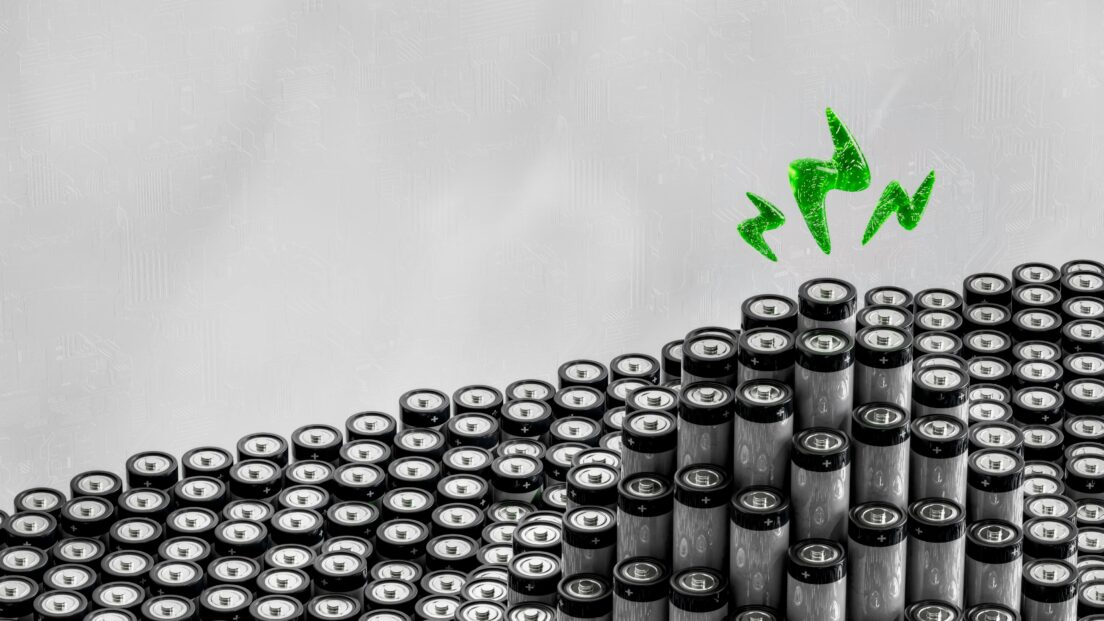Scaling for industry with sodium-ion batteries

Natrium-Ionen-Batterien gelten als vielversprechende Alternative zu Lithium-Batterien. Sie sind kostengünstig, sicher und basieren auf weltweit verfügbaren Rohstoffen. Dennoch bestehen technische Herausforderungen, insbesondere in Bezug auf Lebensdauer und industrielle Skalierung.
The global demand for high-performance batteries is growing steadily. Sodium-ion batteries offer several advantages over lithium-ion technologies. They are cheaper, safer and based on more easily accessible raw materials. This technology could play a key role, especially for stationary energy storage and cost-sensitive applications.
However, there are still challenges. Sodium is chemically different from lithium, which leads to a lower energy density and service life. In addition, scalable production processes need to be developed to make the battery competitive.
Industry transfer through the SIB:DE FORSCHUNG project
The SIB:DE FORSCHUNG (Sodium-Ion-Battery Deutschland-Forschung) project was launched to overcome these hurdles. The Karlsruhe Institute of Technology is working together with 20 partners from science and industry to further develop this battery technology with the aim of making it suitable for mass production.
At the centre of the research are
- Optimisation of the active materials for higher performance
- Development of long-lasting electrodes for stable battery performance
- Industrial scaling of production to larger quantities
Material and electrode research at KIT
A central concern of the research is the production of active materials in scalable quantities. Professor Helmut Ehrenberg from the Institute for Applied Materials at KIT explains: “At KIT, we are working on manufacturing processes for particularly high-performance active materials and demonstrating their production on a kilogramme scale. This is a decisive step for the industrial roll-out of sodium-ion technology.”
The Helmholtz Institute Ulm is also developing electrodes that enable higher cycle stability. The results will be analysed and validated in the BELLA research laboratory, which is operated jointly by KIT and BASF.
On the way to mass production
The project is an important milestone in making sodium-ion batteries usable on an industrial scale. The combination of materials research, electrode development and scaling strategies should make it possible to transfer the technology to production in the coming years.
With a successful breakthrough, sodium-ion batteries could become a cost-effective alternative to lithium technologies, with great potential for the energy storage of the future.